Your cart is currently empty!
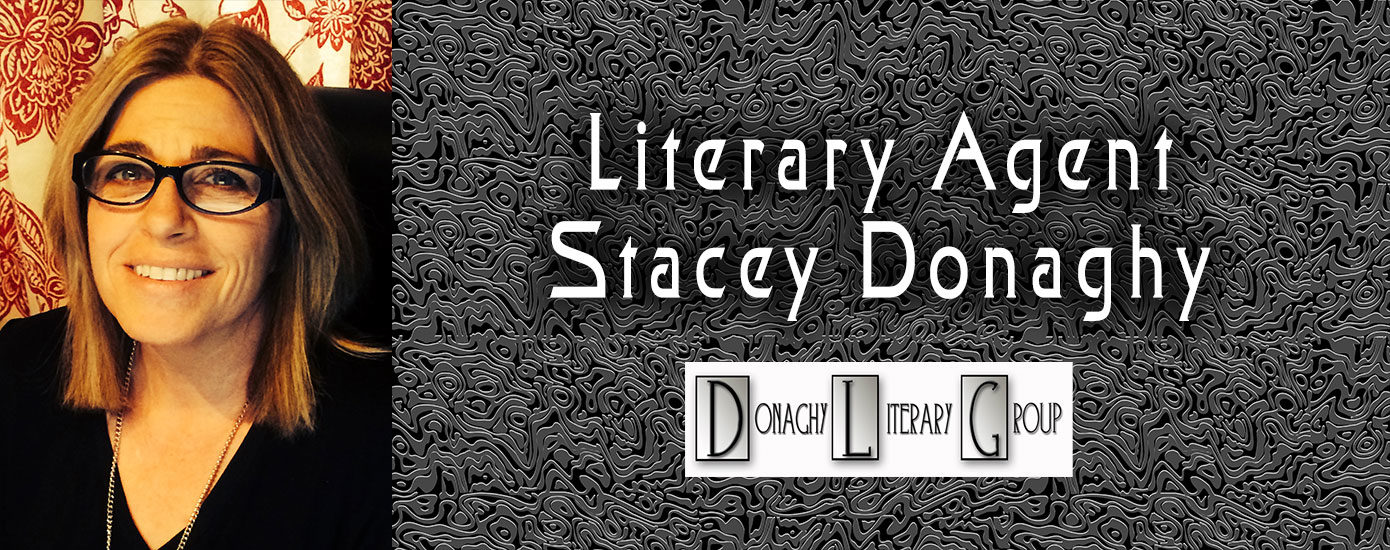
Three Powerful Query Writing Tips from Stacey Donaghy (of the Donaghy Literary Agency)
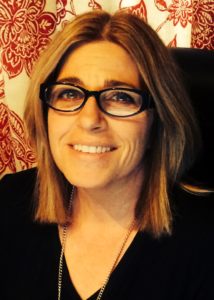 Stacey Donaghy loves writers. She loves being seduced by a manuscript that she can’t put down, and being able to match that manuscript to a market where it will thrive and attract the right readers. She wants writers to understand how to write better queries so that she can easily identify the gems and make sure good manuscripts don’t get ignored because of a poor sales pitch—which is essentially what your query letter is.
Stacey Donaghy loves writers. She loves being seduced by a manuscript that she can’t put down, and being able to match that manuscript to a market where it will thrive and attract the right readers. She wants writers to understand how to write better queries so that she can easily identify the gems and make sure good manuscripts don’t get ignored because of a poor sales pitch—which is essentially what your query letter is.
During our May 16th WCYR meeting Stacey outlined some of the common errors that novice query-writers make and passed on the following tips:
- Educate yourself on the genre you are writing and make sure that you understand the conventions for each one. For example, Young Adult (YA) novels should generally be no longer than 75,000 words, there are exceptions in certain genres (think Harry Potter) but as a rule for new writers outside of sci-fi/fantasy, you will want to stay under or close to that word count. If you submit a YA manuscript that is 200,000 words it is unlikely to be picked up, even if it’s stellar.
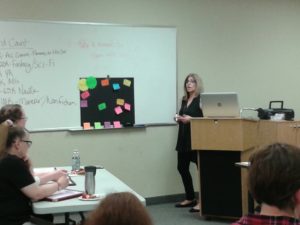 Research, research, research. Make sure that the agent you are pitching is a good match for your manuscript. Although writers’ market guides are helpful they often include information that is out of date. The best source of information is the agency’s website. Follow the submission guidelines “to the letter”. Mass queries, inappropriate queries, and attempts at queue-jumping will be discarded and possibly held against you for the rest of your life. ☹
Research, research, research. Make sure that the agent you are pitching is a good match for your manuscript. Although writers’ market guides are helpful they often include information that is out of date. The best source of information is the agency’s website. Follow the submission guidelines “to the letter”. Mass queries, inappropriate queries, and attempts at queue-jumping will be discarded and possibly held against you for the rest of your life. ☹
- A successful query will be creative, include a powerful hook, and will capture the essence of the novel without getting bogged down in unnecessary details. If the agent wants more she will ask for a synopsis, which is a different animal. “A query shows, whereas a synopsis tells.” Query letters are short, concise, and should be letter-perfect. Ask your writing friends to proof-read and evaluate them for you. (The essential question to be answered is whether they would want to buy this book).
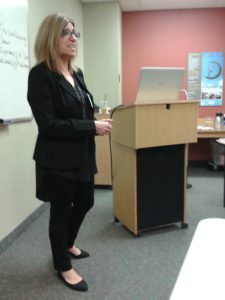 Stacey also shared some great resources such as Writer Beware, Absolute Write Water Cooler, and Query Tracker. She advised reading trade news, taking advantage of sites like Writer’s Digest, joining writing communities and following fellow writers that you respect on social media.
Stacey also shared some great resources such as Writer Beware, Absolute Write Water Cooler, and Query Tracker. She advised reading trade news, taking advantage of sites like Writer’s Digest, joining writing communities and following fellow writers that you respect on social media.
Several lucky WCYR members had the opportunity to have their query letters critiqued anonymously. As one of those members I found the pointers that Stacey gave incredibly helpful.
These three tips represent only a fraction of the advice that Stacey presented. If you would like more information about her and her submission preferences check out her website.
Do you have thoughts to share about query letters? Did you learn something new at the workshop? Please let us know by commenting below.
Happy Writing!
Elaine Jackson
PS ~ Our next meeting is on Sunday, June 11th, 2017 and features Christine D’Abo talking about adding sexual tension to your story. Sign up before May 31st to be eligible to win a free admission to a future workshop.
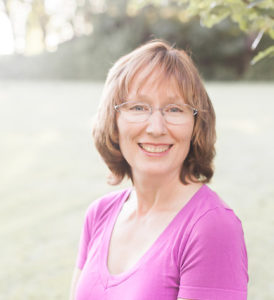 Elaine Jackson is an award-winning writer, passionate reader, and yoga/meditation teacher. She blogs semi-regularly at www.jacksonyoga.ca.
Elaine Jackson is an award-winning writer, passionate reader, and yoga/meditation teacher. She blogs semi-regularly at www.jacksonyoga.ca.